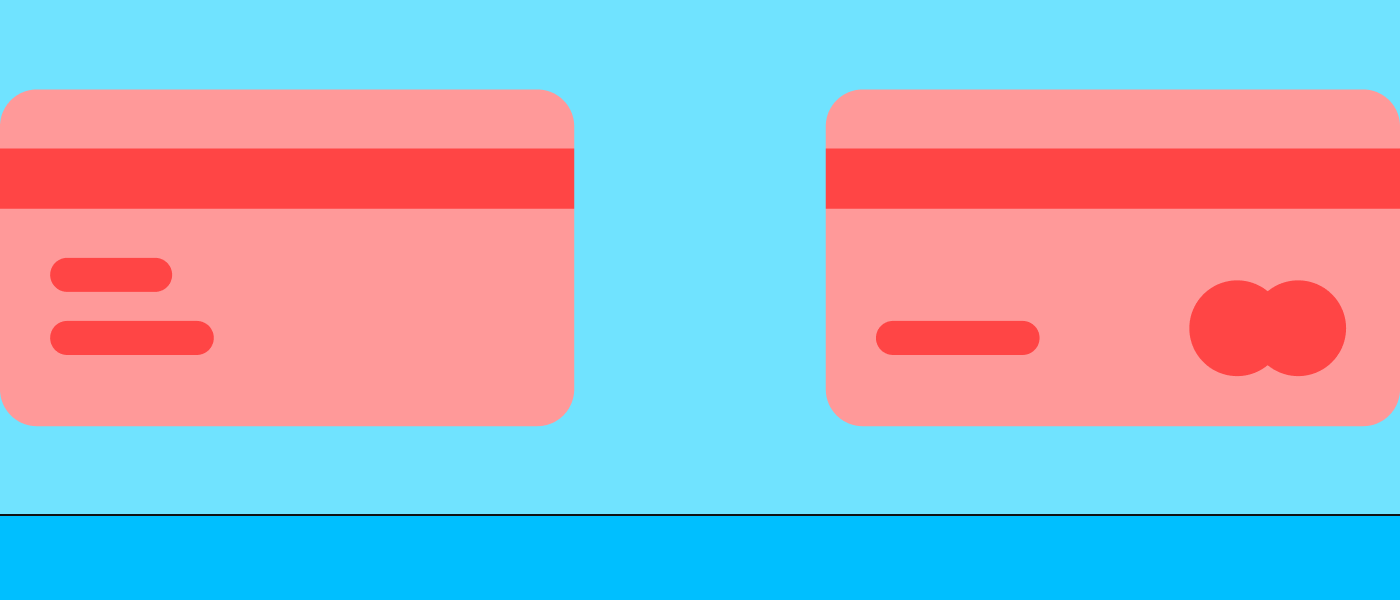Web development consulting services that drive results

This article explains how consulting services improve scalability, security, UX, and ROI by aligning product, design, and engineering teams around shared objectives. You’ll learn when to hire a consultant—during redesigns, scaling challenges, or custom web app builds—and what to expect from a structured consulting process covering discovery, audits, architecture, and implementation.
Web development consulting services that drive results
Introduce the role of web development consulting in improving business performance and digital presence. Highlight how it connects strategy, development, and design into tailored digital solutions.
Understanding web development consulting
Web development consulting is the bridge between your business goals and the technology that can actually deliver them. Instead of jumping straight into coding, a consultant helps you clarify what “success” looks like and then translates that into an actionable, measurable plan.
It’s for founders and product owners who want to move faster with fewer missteps, for marketing teams who need a website that truly converts, and for engineering leaders who are staring down a modernization or scale challenge. Unlike a standard development service, which primarily builds what you already specified, consulting questions assumptions, validates the problem, proposes the right tech stack and architecture, and sets you up with a roadmap that balances speed, cost, and long-term maintainability.
Practically, that means you get more than a backlog of tasks. You get a strategy, guardrails for quality, a plan to de-risk the unknowns, and a partner focused on outcomes rather than outputs.
The role of a web development consultant
A strong consultant wears several hats so you don’t need to hire five different specialists at once. They lead discovery to understand users and business constraints, map the current systems, and uncover hidden complexity before it becomes expensive. From there, they recommend an architecture that fits your performance and team realities.
On the product side, they align UX objectives with technical feasibility, define success metrics, and shape a delivery plan. On the engineering side, they codify standards for code quality, testing, accessibility, and security; they introduce CI/CD, observability, and performance budgets; and they build a backlog ordered by value and risk. Throughout delivery, they facilitate cross-functional decisions so design, marketing, and engineering actually pull in the same direction.
When do you need a web development consultant?
- Website redesigns that must improve conversions, not just aesthetics
- Performance issues (slow pages, poor Core Web Vitals, SEO drops)
- Scaling pains (spikes, data growth, multi-region users)
- Launching a custom web app or modernizing a legacy one
- Choosing or re-platforming CMS, commerce, or headless architecture
- Complex integrations (CRM, CDP, payments, analytics, auth)
- Team enablement (process, tooling, code standards, hiring support)
These moments carry technical and product risk; a consultant accelerates the right decisions early, which is where the biggest gains and savings live. By diagnosing the root cause and designing a pragmatic path forward, you avoid costly rebuilds and get measurable lift in performance, reliability, and user satisfaction.
What to expect from a web development consulting process
The process starts with discovery: interviews with stakeholders, a look at analytics, user journeys, and a quick pass on competitive positioning. You’ll leave with a refined problem statement, clear KPIs, and hypotheses to validate. Next comes the audit: codebase health, infrastructure, security posture, accessibility, and performance profiling. Expect a plain-English summary of what’s working, what’s fragile, and where the easy wins are.
Planning turns insights into a roadmap. Here, the consultant prioritizes initiatives by impact and effort, defines milestones, estimates costs, and sets up the delivery model. Agile rituals, demo cadence, and decision checkpoints. Finally, you move into the implementation strategy and support phase: architecture runways are established, reference implementations de-risk unfamiliar tech, and a repeatable release process is put in place. Even when the consultant isn’t doing the hands-on coding, they remain close to unblock decisions, track KPIs, and adjust the plan as you learn.
Custom web app development consultancy: why it matters
Custom apps are where consulting delivers outsized value, because cookie-cutter patterns rarely map cleanly to unique workflows. A consultant helps you model the domain properly (where data and permissions get tricky), choose the right persistence and caching strategies, and design APIs that are both secure and future-proof. They’ll also pressure-test your non-functional requirements: how many concurrent users, what latency is acceptable, what happens under a burst 10× traffic increase, and how you’ll observe and recover from failures.
Equally important is maintainability. You’ll get guidance on modular architecture, design systems, and testing strategies that allow multiple teams to contribute without stepping on each other. Add to that DevOps practices and you reduce lead time, improve deployment frequency, and make incidents rarer and shorter.
Choosing the right web development consulting agency
- Portfolio depth and relevance: look for projects similar in complexity and industry, not just pretty UI
- Technical range and judgment: modern stacks are great, but you need evidence of choosing the right tool for the job
- Communication and collaboration: clear documentation, strong workshops, and a bias for transparency
- Industries served: nuanced domains (fintech, health, B2B SaaS, ecommerce) benefit from prior experience
- Process and pricing clarity: understand how they estimate, bill, and report progress
These criteria help you gauge whether an agency will be a strategic partner rather than a pair of hands. The best partners show their thinking, explain trade-offs, and make it easy for your team to learn and own the solution after the engagement ends.
Website design consulting as part of the strategy
Design isn’t window dressing; it’s how strategy shows up for users. A design consultant maps information architecture to user needs, reduces cognitive load, and aligns the visual system with your brand and conversion goals. That often includes building a component-based design system so implementation is consistent and fast, which pays off every time you add a page or feature.
Beyond aesthetics, design consulting ties UX to measurable outcomes. You’ll define key user journeys, establish heuristics for accessibility and inclusivity, and set up rapid testing loops so you don’t ship guesswork. When design and development plans are created together, performance, accessibility, and SEO get baked in from day one rather than bolted on later.
Benefits of investing in consulting services
- Higher ROI: fewer wrong turns and a roadmap focused on measurable impact
- Faster delivery: streamlined workflows, automation, and decisions made once in the right forum
- Reduced technical debt: standards for architecture, testing, and review keep quality high
- Better scalability and reliability: capacity planning, observability, and resilient patterns
- Happier users (and teams): smoother UX for customers, clearer processes for developers
These outcomes compound. A clean foundation and shared definitions of “done” make every subsequent feature cheaper to build, easier to maintain, and quicker to validate, which is exactly how you outpace competitors with the same resources.
FF Next: your future web development consultant!
We start with a focused discovery to align stakeholders on KPIs, map user journeys, and audit your stack for code health, security, accessibility, and Core Web Vitals. Then we recommend the right architecture. The result: you ship faster, scale safely, improve conversion, and avoid the technical debt that slows teams down.
Frequently asked questions
What is the difference between a developer and a web development consultant?
A developer primarily implements solutions; a consultant helps decide which solution to build, why, and how to measure success. In practice, consultants handle discovery, architecture, prioritization, and risk management, then guide or collaborate with developers to execute efficiently.
How much do web development consulting services cost?
Costs vary by scope and seniority. You’ll typically see fixed-fee discovery and audits, then time-and-materials or milestone-based pricing for planning and ongoing advisory. The best way to control cost is to align on KPIs early, fix your decision cadence, and ship value in small, validated increments.
Can a consulting agency also develop my website?
Yes, many firms offer both consulting and delivery. A healthy model separates responsibilities (strategy vs execution) while keeping a single accountable owner. If you already have an in-house team, consultants can augment and enable rather than replace them.
How do I know if I need custom web app consultancy?
If your workflows are unique, you’re integrating several systems, or you have non-negotiable performance, security, or compliance constraints, custom consultancy is worth it. Signs include repeated workarounds in off-the-shelf tools, rising maintenance costs, or features your team avoids because they’re “risky.”
What’s the first step in working with a web development consultant?
Start with a short discovery and audit. In one compact phase, you’ll clarify goals, uncover risks, benchmark performance, and get a prioritized roadmap. From there, choose whether you want ongoing advisory, hands-on help, or a hybrid.













